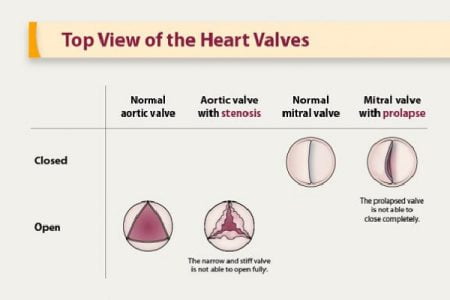Heart Rate by Age
- Updated on: Jun 26, 2024
- 2 min Read
- Published on Apr 19, 2021


What is a normal heart rate (Normal heart beat)?
Heart rate, also known as pulse, is the number of times your heart beats every minute.
A normal heart rate depends on several factors such as you age, body size, any heart conditions you suffer with, whether you are sitting or moving, medication you use, surroundings for example the air temperature around you etc. Emotions can also affect the heart rate. For example, if you are too excited or scared, your heart rate can change.
But most importantly, if you are fit, it lowers your heart rate, by making heart muscles work more efficiently.
What is resting heart rate?
Your resting heart rate is the pulse when you are sitting or lying calmly.
The normal resting heart rate for young adults and older-aged adults and others over the age of 10 years, is between 60-100 heart beats per minute.
Heart rates of athletes may fall below 60 beats a minute, even to as low as 40 beats every minute.
Know your average heart rate numbers
According to the National Institute of Health (NIH), the average resting heart rate progressively slows down through childhood toward adolescence, as follows:
- First month of life – 70-190
- Between 1 and 11 months – 80-160
- One- and two-year-olds – 80-130
- Three- and four-year-olds – 80-120
- Five- and six-year-olds – 75-115
- Between seven and nine years – 70-110
- From 10 years of age – 60-100
- For children of the age of 10 years and above, and adults (including old-aged people) – 60-100 beats per minute
- For athletes who are well-trained – 40-60 beats per minute.
According to AHA, the maximum heart rate during exercise equals about 220 minus your age.
Target training heart rates
When you train yourself for fitness with exercise, you would want to work your heart harder and push the heart beats fast. The recommendations for target heart rates according to your age are listed here.
| Age | Target HR Zone 50-85% | Average Maximum Heart Rate, 100% |
|---|---|---|
| 20 years | 100-170 beats per minute | 200 beats per minute |
| 30 years | 95-162 beats per minute | 190 beats per minute |
| 35 years | 93-157 beats per minute | 185 beats per minute |
| 40 years | 90-153 beats per minute | 180 beats per minute |
| 45 years | 88-149 beats per minute | 175 beats per minute |
| 50 years | 85-145 beats per minute | 170 beats per minute |
| 55 years | 83-140 beats per minute | 165 beats per minute |
| 60 years | 80-136 beats per minute | 160 beats per minute |
| 65 years | 78-132 beats per minute | 155 beats per minute |
| 70 years | 75-128 beats per minute | 150 beats per minute |
You may not generally need to remain aware of your heartbeat at rest. But if you feel that your heart is beating out of rhythm such as too slow or too fast, then you should get it checked by your doctor. It may not be serious but sometimes may occur due to an underlying disease that needs treatment. Read about abnormal heart rates (heart murmurs) here: What Are Abnormal Heart sounds (Heart Murmurs)?












